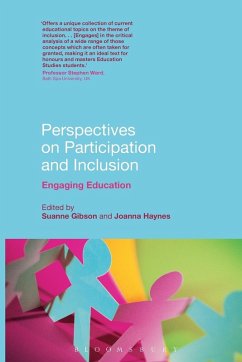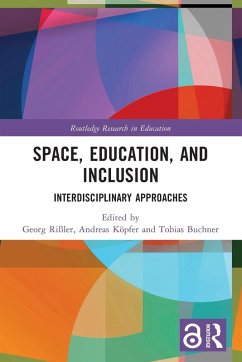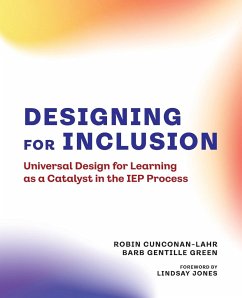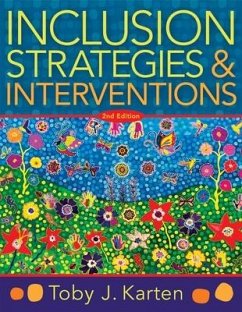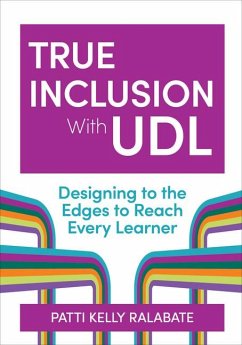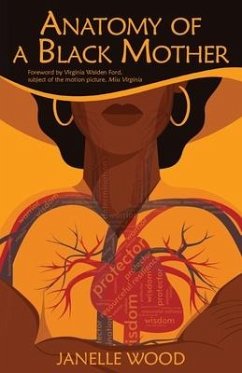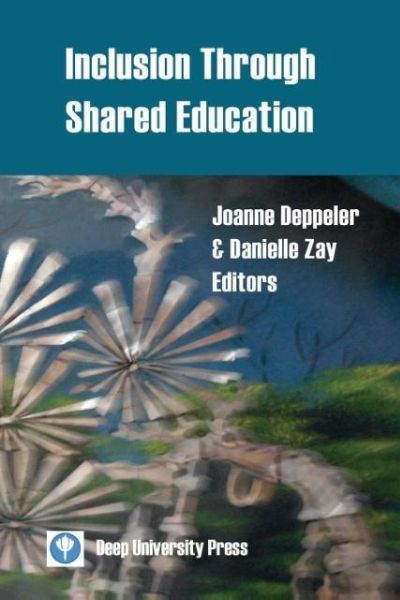
Inclusion Through Shared Education
Versandkostenfrei!
Versandfertig in 1-2 Wochen
28,99 €
inkl. MwSt.

PAYBACK Punkte
14 °P sammeln!
This volume gathers data from investigators working in very diverse cultural environments: Australia, Canada, China, Spain, United States of America, France, Great Britain, and Taiwan, analysing the most recent development of a principle of orientation in politics and practices in OECD countries: inclusive education. Responding to the growing number of critics and challenges arising from the reforms of the education system going in the same direction, the authors of this volume study the evolution of this concept. They examine the investigations, international organizations, associations, soci...
This volume gathers data from investigators working in very diverse cultural environments: Australia, Canada, China, Spain, United States of America, France, Great Britain, and Taiwan, analysing the most recent development of a principle of orientation in politics and practices in OECD countries: inclusive education. Responding to the growing number of critics and challenges arising from the reforms of the education system going in the same direction, the authors of this volume study the evolution of this concept. They examine the investigations, international organizations, associations, social movements, organizational types of school systems, and practices of educational personnel of all stripes - teachers, speech therapists, psychologists, special education teachers, etc., as well as the relationships with their partners, in particular, the parents. Based on research data, the failures and dysfunctions of these studies are analysed and solutions to these problems are offered for different countries and territories. Across extremely diversified studies, the emerging idea - already seen in other works with different themes - is that regardless of grade level, school success and failure prevention are dependent upon shared responsibilities between all participants, allowing some space for each division of the educational sector. As in the past, the interplay between the existing forces and their organization remain from families to professionals, to representatives of local and central powers and authorities. What is new is that much progress has been made in two ways. First, we understand the idea that only collaboration among the diverse participants can bring solutions to complex problems of a diversified and heterogeneous society. Second, bringing help to resolve the unavoidable problems linked to these forced collaborations. These are the concepts we intend to substantiate.




